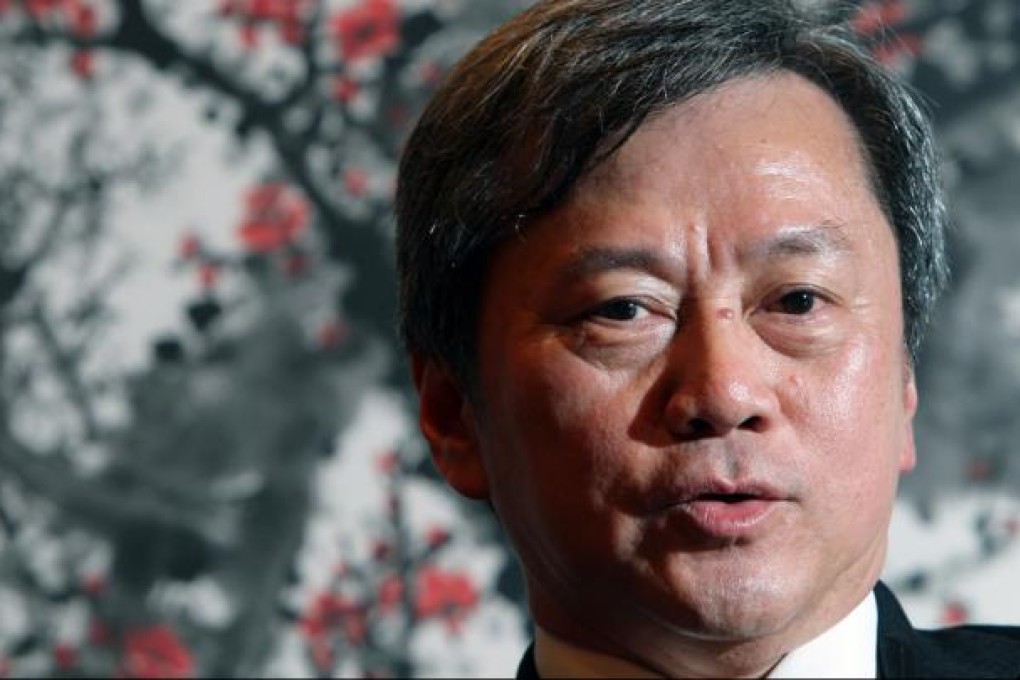Cheung Kong aims for 5b yuan in Shanghai flat sales
This represents a significant increase in the company's residential sales on the mainland, which were close to two billion yuan last year, despite the central government maintaining a tight grip on the housing market.

Developer Cheung Kong is aiming to achieve annual flat sales of at least five billion yuan (HK$6.18 billion) in Shanghai starting from this year, as it launches residential property in the city for the first time.
This represents a significant increase in the company's residential sales on the mainland, which were close to two billion yuan last year, despite the central government maintaining a tight grip on the housing market.
"Our annual sales target is over five billion yuan in Shanghai this year, and I believe we will not achieve less than this amount in the future," William Kwok Tze-wai, Cheung Kong's real estate director, said at a media briefing in Shanghai.
The revenue is expected to come from two projects - more than three billion yuan from the first batch of over 700 executive suites at the mixed-use development Upper West Shanghai in Zhenru district, and two billion yuan from about 300 villas at a luxury residential project in Jiading district named Lake Como.
It is seeking pre-sale approvals from local authorities, Kwok said, and the units should be put on the market in April or May.
Earlier this month, the mainland's central government issued strict guidelines on housing measures such as asking for 70 per cent, instead of 60 per cent, of the flat price as down payment for second-home buyers.